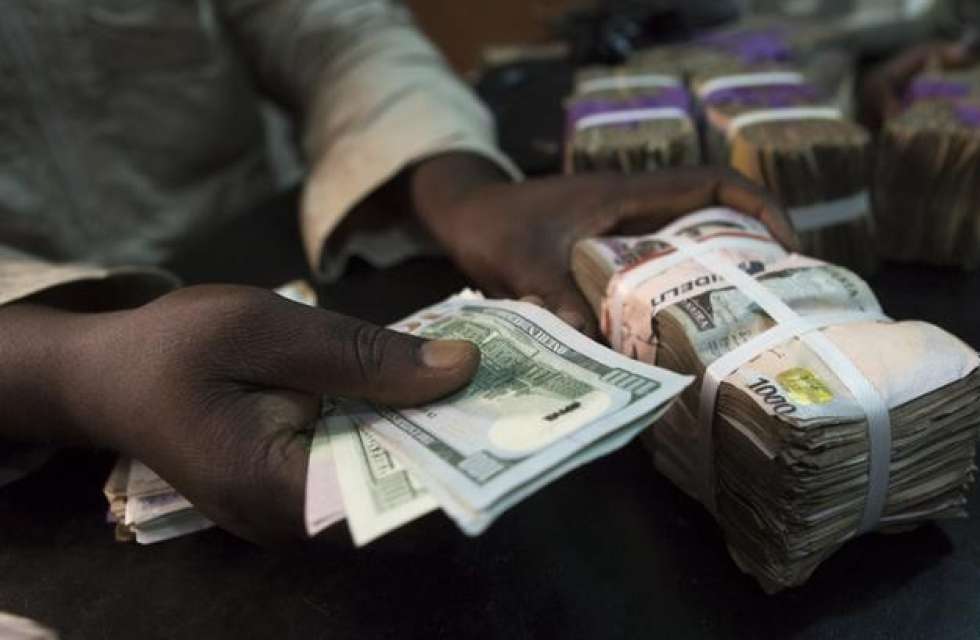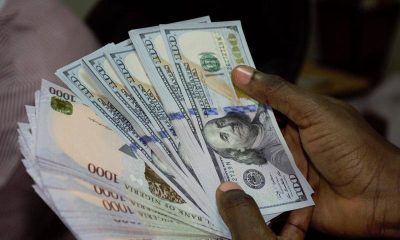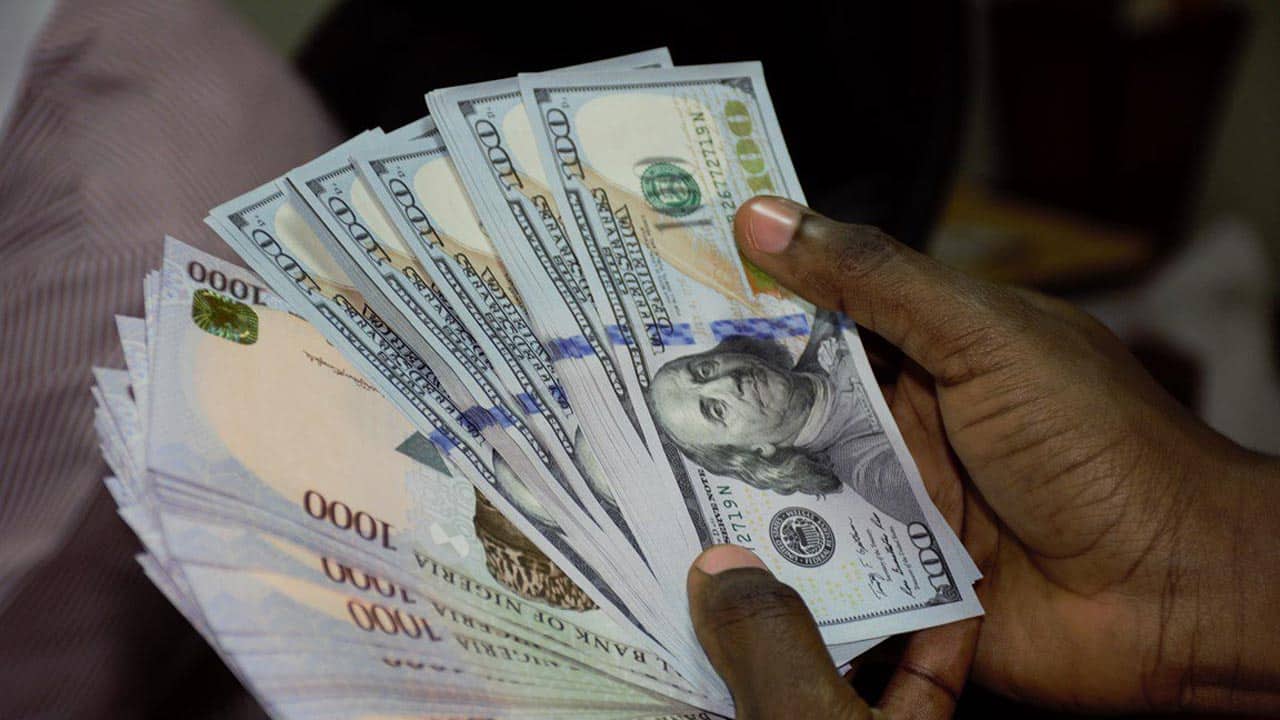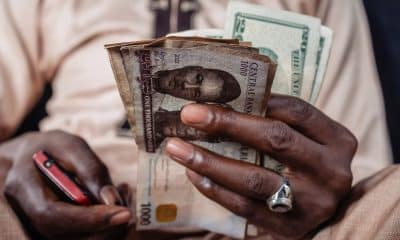Business
Euro To Naira Black Market Today
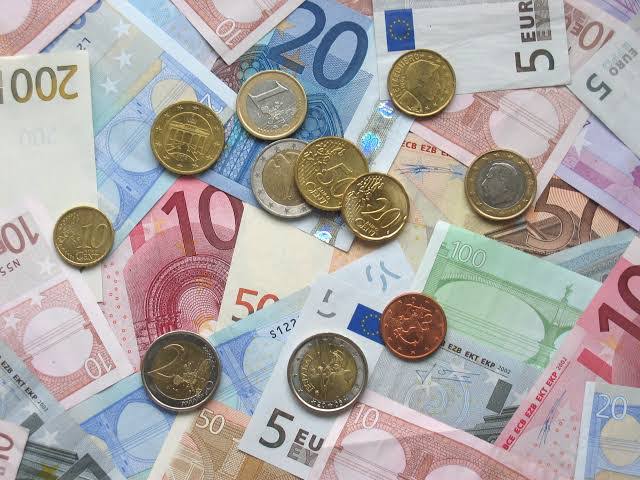
The Euro to Naira exchange rate in Nigeria’s parallel market has experienced a significant increase, reaching ₦1,755.350 as of March 10, 2024.
This development marks a considerable 46% gain in value for the Euro against the Nigerian Naira over the past year, reflecting broader trends in the foreign exchange market.
In Nigeria, where the demand for foreign currencies often exceeds the supply available through official channels, Bureau De Change Operators (BDCs), commonly referred to as Abokis, play a crucial role in currency exchange.
These operators are known to offer more competitive rates compared to commercial banks, providing quicker and more convenient transactions for individuals and businesses in need of foreign currency.
Despite the advantages offered by BDC exchangers, it’s important to acknowledge that the rates they provide are not regulated by the Nigerian government or the Central Bank of Nigeria (CBN).
Instead, these rates are dictated by the supply and demand dynamics within the informal currency market, leading to fluctuations that can impact the economy and individuals relying on foreign exchange for various needs.
The current surge in the Euro to Naira rate in the black market poses challenges for Nigerian consumers and businesses that rely on imports from the Eurozone.
With the cost of acquiring Euros rising sharply, the price of imported goods and services is likely to increase, contributing to inflationary pressures within the Nigerian economy.
It’s also crucial for individuals and businesses to be aware that engaging in currency transactions within the black market can carry legal risks, as such activities are considered illegal in Nigeria and other countries.
The Nigerian government has made efforts to curb the black market by implementing policies aimed at stabilizing the official exchange rate and promoting transparency in the currency market.
As the exchange rate continues to climb in the parallel market, the economic implications for Nigeria remain a topic of concern.

